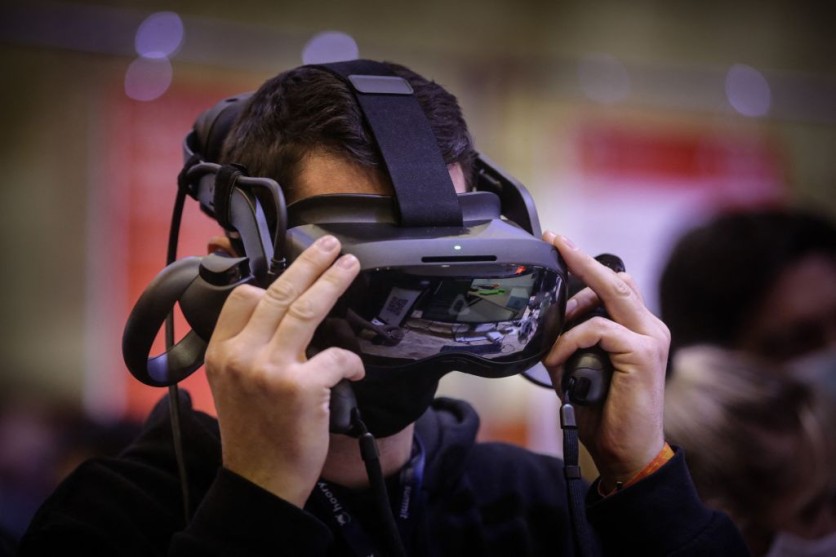Immersive virtual reality (VR) may alleviate pain and distress in cancer patients, according to a comprehensive analysis of existing evidence in BMJ Supportive & Palliative Care.
The technology also holds promise for individuals contending with other chronic conditions such as multiple sclerosis (MS), kidney disease, and dementia, the findings suggest.

Using Virtual Reality to Enhance the Quality of Life
As the costs associated with virtual reality technologies have become more accessible, there has been a growing interest in utilizing them to enhance the quality of life for patients. However, the extent of their effectiveness in helping individuals manage the medical and psychological effects of long-term conditions remains uncertain.
To address this, researchers conducted an extensive search of research databases for studies examining the use and efficacy of immersive virtual reality in aiding the psychological adjustment to chronic conditions in adults, MedicalXpress reported.
They found 31 relevant studies from 1993 to 2023, when the technology was used in patients with cancer, dementia, cardiovascular disease, multiple sclerosis, kidney disease, inflammatory bowel disease, and chronic obstructive pulmonary disease.
The studies included 30 to 50 participants, predominantly women with an average age of 51. Virtual reality sessions lasted around 20 minutes, administered either singularly or daily for a specified period.
These studies examined environment-based and game-based virtual reality interventions. They aimed to either relax users before medical procedures using techniques like nature walks and mindfulness meditation or engage them with specific skills for managing their condition.
Read Also : ChatGPT Was Able to Give Better Medical Advice on Depression Than Real Doctors, New Study Shows
Virtual Reality Helpful in Coping With Treatments
Overall, patients across various conditions found virtual reality helpful in coping with medical treatments and emotional impact. However, the type of virtual reality and procedures varied widely, with no clear superior option. Some studies had small sample sizes and lacked comparison groups, warranting caution in interpretation.
The exact mechanisms behind how VR affects patients physically and psychologically remain uncertain. It may act as a distraction, absorbing attention, or alter the user's mental state, potentially reducing the experience of pain and enhancing their ability to cope with their condition.
"These findings are promising in a population at risk of polypharmacy, and suggest immersive VR [virtual reality] can offer a non-pharmacological intervention that is considered acceptable by clinicians, caregivers, and patients," the researchers noted.
"As VR systems become progressively more accessible, immersive VR interventions may begin to offer cost benefits compared with conventional pharmacological and non-pharmacological treatments," they added.
The researchers said that further research is essential to better understand the technology's mechanisms, most effective applications, and the circumstances under which it proves most beneficial.
The team concluded that VR interventions are "acceptable treatments" that could enhance the physical and psychological consequences of physical illness. They cited "good quality research," claiming that these VR interventions can minimize pain and distress, especially among cancer patients.
Related Article : This New 3D Organ-on-a-Chip That Mimics Human Joint Could Accelerate Development of Treatments for Arthritis

ⓒ 2025 TECHTIMES.com All rights reserved. Do not reproduce without permission.




